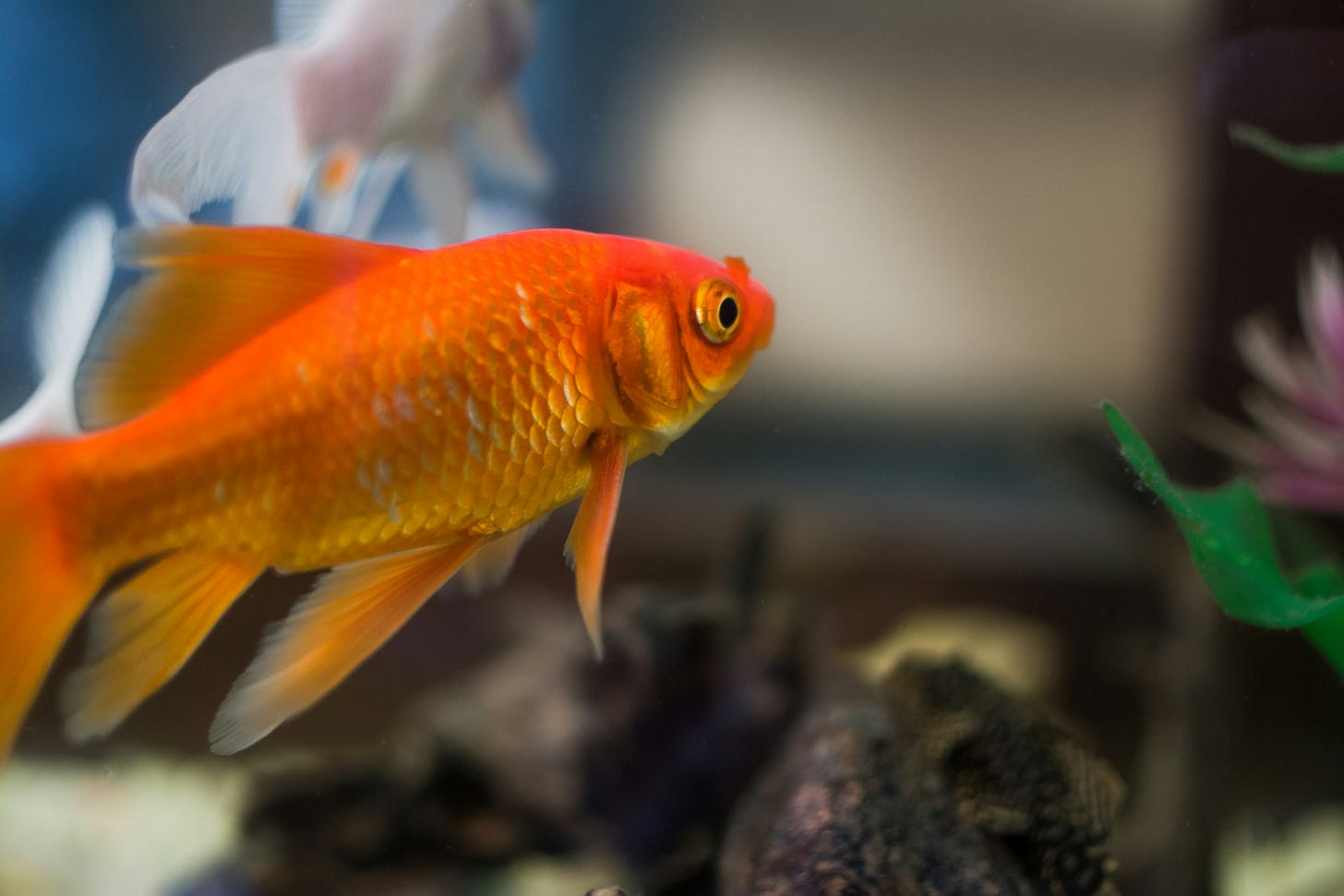To read well is not to scour books for lessons on what to think.
Rather, to read well is to be formed in how to think.
—Karen Swallow Prior, On Reading Well: Finding the Good Life through Great Books
In this month’s newsletter, we’re thinking all things books, and in particular, what it means to read well.
Reading is one of life’s greatest joys. It’s certainly my ‘go to’ escape from life’s stresses. Yet, reading also engenders a strange contradiction offering as it does both relaxation and stimulation: escapism and education.
Reading benefits us as individuals, but it can also benefit and unite us as humanity. In fact, we could go as far as to say that reading actually helps define humanity, for no other created being is able to generate, record, transmit and decipher words as we are able to do.
And as Christians we could go even further still. Jesus, the Savior we love, serve and from whom we take our spiritual identity, is described in John 1:14 as “The Word [who] became flesh and made his dwelling among us”. So, the Creator God chose to reveal himself as the Word incarnate. And even more than that, God’s chosen communication with us is through his written word, the Bible, a book that (thanks to the endeavors or previous generations) we have the privilege of being able to read.
Reading is therefore our great privilege which prompts the question, how can do we respond to that privilege? One worthy response is to be wise in what we actually choose to read. In other words, how do we “read well”?
Read on as Michelle Van Loon offers a practical look at one thing that might hinder many of us from reading well today. We also have a book-related “fill in the blank” exercise from some of our contributors, an interview, and some news.
As always, we value you, Sages. Thanks for reading!
Rachel Campbell for The Sage Forum team
Reading Like A Goldfish
Attention is the basic food and water of a living and breathing relationship. Attention is how we nurture and feed. Attention is what we need and crave. Without attention, no relationship, no matter how strong, can survive for long. The roots of connection simply shrink and whither.
Attention is the most basic form of love. Through it, we bless and are blessed.
Reading teaches us to pay attention.
I think most of us have discovered that our attention spans aren’t what they used to be. According to one recent study, we humans have a shorter attention span than a goldfish. Even before we goldfish all had smartphones, television’s quick edits and endless commercials were chipping away at our ability to focus. But nothing captures our current moment more than the acronym TL;DR (“Too Long; Didn’t Read”) used on some social media posts. You know you’re in the goldfish zone when you feel the need to boil down an already-brief social media post with a one line summary so you don’t lose your reader’s attention.
While those of us in our Sage Years may sense an erosion of our ability to stay with a long discussion or story, the battle is even greater for younger generations who’ve grown up as digital natives. I had a recent conversation with a woman in her 70’s who expressed frustration that her grandchildren were glued to their cell phones. “I want their attention when we’re together,” she said. She didn’t see any irony in the fact that we were having our discussion about her concern via text message.
I have no virtual stones to throw regarding our digital habits. I am online throughout the day, in part because of my work, and in part because there is no end to the fascinating op eds and think pieces, news from old friends, wild memes, and hilarious cat videos that flood my algorithm-determined feeds. Before the online age, I had my nose in a book or magazine all the time. While I still read plenty of books, digital content is now a significant part of my media intake. But it dawned on me that my own attention span was slowly shriveling.
Books demand an extended kind of attention from readers. Since my first non-fiction book was published nearly 20 years ago, I have read mostly non-fiction. I love the world of ideas. I have long believed that good fiction is another way of telling the truth and sought to again mix some thoughtful fiction into my reading rotation. Doing so had an additional benefit: it taught me that books offer a way to practice sustained focus. Reading fiction has become a spiritual discipline for me that is linked to growing my ability to stay fully present and give extended, meaningful attention to the people in my life.
We know reading books can have plenty of other well-documented benefits that include inspiring, instructing, and challenging us, as well as growing our imagination and empathy. But if you’ve found its harder these days to focus on a book-length read, and recognize that maybe your attention span could use some stretching, here are some suggestions you might consider as you look at that “to be read” stack on your bookshelf:
Audio books count! –While audio is a different channel of information intake than reading, listening to a good book offers much the same benefit when it comes to helping us pay attention.
Start with short stories or “long read” articles–Extended-length articles (like those found in magazines like Plough or The Atlantic) or compendiums of shorter works of fiction, which can be found in every genre, can each be a great starting place if you want to be intentional about learning to focus for an extended time on the printed word.
Revisit a book you read once upon a time–It may be familiar, but you will likely notice new things as you read it at this time of your life.
Join a book club–You’ll have a deadline that can serve as motivation, plus the ability to practice paying attention as you process what you’ve read in the company of others.
The good news is that reading books can teach us old goldfish new habits, and can contribute to us becoming sage in the process.
Additional food for thought on the topic of reading well:
Helpful review of the book Reading tor the Love of God: How to Read as a Spiritual Practice
7 Reasons You Should Be Reading for Fun
Fill in the blanks
We asked some of our contributors to fill in some blanks. You can see their answers below. Now we’d love to hear yours! Please leave us a comment with your response to one or all of these blanks.
A book that stretched or challenged my thinking: __________
Rachel Campbell–Christianity’s Dangerous Idea: The Protestant Revolution by Alistair McGrath
Michelle Van Loon–The Blue Parakeet: Rethinking How You Read the Bible by Scot McKnight
Afton Rorvik–Knowing God by J.I. Packer
Judy Allen–Braiding Sweetgrass: Indigenous Wisdom, Scientific Knowledge, and the Teachings of Plants by Robin Wall Kimmerer, Love Them Well: Supporting Your Loved Ones as They Walk the Road of Infertility, by Thelma Nienhuis, This is How It Always Is by Laurie Frankle, I’m Still Here: Black Dignity in a World Made for Whiteness by Austin Channing Brown
Carole Duff–Falling Upward: A Spirituality for the Two Halves of Life by Richard Rohr
A book that made me cry: __________
Rachel Campbell–A Grief Observed by CS Lewis, The Sunrise and The Island by Victoria Hislop
Michelle Van Loon–The Velveteen Rabbit by Margery Williams
Afton Rorvik–A Bridge to Terabithia by Katherine Patterson
Judy Allen–The Extraordinary Life of Sam Hell by Robert Dugoni
Carole Duff–A Hard Silence by Melanie Brooks and Merle's Door by Ted Kerasote
Fictional character(s) I wish I could meet in real life: __________
Rachel Campbell–Robin Ellacott, Lucy Pevensie, Captain Corelli
Michelle Van Loon–Harriet M. Welsh from Harriet the Spy
Afton Rorvik–Cordelia from Shakespeare’s King Lear
Judy Allen–Chief Inspector Gamache from Lousie Penny’s books
Carole Duff–Pastor/father John Ames in Gilead by Marilynne Robinson
My favorite book when I was a child: __________
Rachel Campbell–Jane Eyre by Charlotte Bronte
Michelle Van Loon–All of a Kind Family by Sydney Taylor
Afton Rorvik–The World of Pooh by A.A. Milne
Judy Allen–Nancy Drew books by Carolyn Keene
Carole Duff–The Curious Little Owl by Frances Ruth Keller
A book I have recommended to others: __________
Rachel Campbell–Men and Women in Christ by Andrew Bartlett
Michelle Van Loon–Losing Our Religion: An Altar Call for Evangelical America by Russell Moore
Afton Rorvik–Becoming All Things: How Small Changes Lead to Lasting Connections across Cultures by Michelle Ami Reyes
Judy Allen–he Pillars of the Earth by Ken Follett, A Gentleman in Moscow and The Lincoln Highway by Amor Towles, The Seamless Life: A Tapestry of Love & Learning, Worship & Work by Seven Garber, An Uncommon Guide to Retirement by Jeff Haanan, All of Louise Penny’s books, Remarkably Bright Creatures by Shelby Van Pelt, This Tender Land and Ordinary Grace by William Kent Krueger
Carole Duff–Dominion by Tom Holland
Reimagining Retirement Interview between Judy Allen (Sage Forum contributor and author of an excellent newsletter on the topic of retirement) and another Sage, Carole Duff. Well worth your time!
Scrambled Plans and Bionic Joints
From Michelle Van Loon: I was hoping to meet some readers at a pre-conference gathering at the HopeWords Writers Conference in April, but am now facing knee replacement surgery in March. I’m so sorry to say that the official gathering of Sage readers is cancelled – but if you are planning to attend the conference, could you please let us know so we can facilitate an unofficial meet up?
This knee surgery is also putting plans on hold for an online Sage cohort until I’m done with rehab and back to running marathons. (Oh wait. I have never run a marathon in my life, but I have run online cohorts before!) Stay tuned.
Request from Sage friend, Lois Flowers: Lois is looking for contributors to her lovely Instagram feed called @rememberingourparents. She’s collecting brief stories and images from readers. Give her a follow and consider sharing your story, too.
We’ll be exploring the topic of disappointment in next month’s Sage Forum newsletter. What disappoints us in this stage of our lives? How do we navigate those feelings? What role does disappointment play in our growth?
Photos by NegiPho, imso gabriel, Kelly Sikkema on Unsplash
Instruct the wise and they will be wiser still; teach the righteous and they will add to their learning. (Proverbs 9:9)







There's richness in every paragraph here ... and I'm guessing we're all resonating when it comes to our rapidly shrinking attention spans.
Thumbs up to Nancy Drew ... and Lois Flowers' beautiful Insta community.
So sorry about your knee, Michelle. On re-reading old books , (I revisited several George MacDonald books edited by Michael Phillips). Being a Sage, these books feel totally different as I read them again. Then, when you are older, you don't want to spend your time re-reading, or reading bad books. You make wiser choices. I like reading historical fiction, and occasional non-fiction.